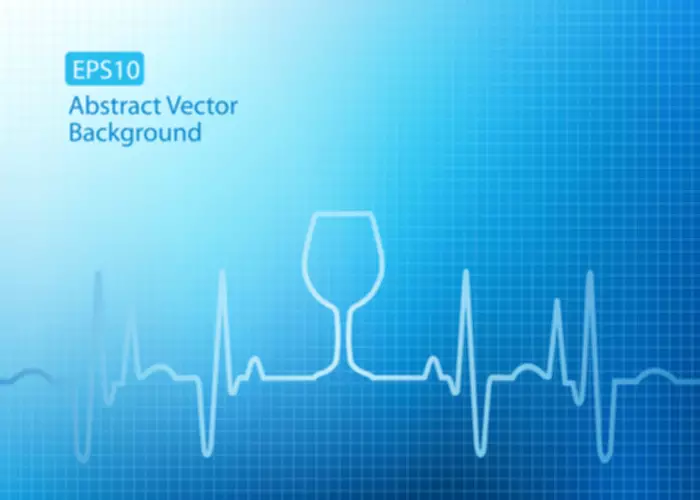
A derivative of amphetamine, methamphetamine was two to three times stronger as a stimulant, its effects lasted much longer and it was easier to make. Crystal methamphetamine was also more addictive and more toxic. In fact, it is a man-made drug that was originally developed in the early 20th century for medical purposes and was used as a nasal decongestant in inhalers to treat respiratory conditions. The drug also makes dramatic changes to your brain structure in a very short time, which can lead you to keep using it despite any negative consequences on your life, health, and relationships. This change in behavior is known as meth addiction, or methamphetamine use disorder. If you or someone you know is struggling with crystal meth addiction, The Recovery Village is willing and ready to help on your road to recovery.
Long-Term Effects of Meth Use and Addiction
Addiction to methamphetamine introduces its own dangers and exacerbates many others. The serious health risks of using meth are widely known, yet many people still experiment with the drug. The euphoric rush that causes so many to use methamphetamine is caused by the release of the neurotransmitter dopamine. Meth is more dangerous than other stimulants because a larger percentage of the drug remains unchanged in the body and stays present in the brain longer. The drug is toxic to nerve terminals in the brain and meth can destroy the brain cell synapses where dopamine is released, causing mood disturbances and dependence on the drug. Prolonged meth use changes the brain chemistry of users, destroying the wiring in the brain’s pleasure center, and makes it increasingly difficult to experience any sort of pleasure without the drug.

Signs of Meth Use
- Behavioral therapies have proven effective in treating meth addiction and can help you live a substance-free life.
- This can give you more insight into how you can best help them.
- If you or a loved one are addicted to meth, it’s important to seek treatment immediately.
- If you — or your loved one — are ready to get treatment, you may find it helpful to bring a supportive friend or family member into the fold.
- They can guide you through the admissions process, answer questions you have about paying for treatment, and explain your health insurance coverage for rehab.
Your prescriber can determine the best option for your symptoms. They’ll also make sure it won’t interact with any other medications you take. Older adults or people who’ve used meth for a long time may experience more severe, longer-lasting symptoms. Dopamine and serotonin are two chemical messengers called neurotransmitters that can affect a range of things, including your mood, sleep cycle, and digestive process. Meth causes your brain to release its stores of both these neurotransmitters, contributing to meth’s pleasurable effects.

What Does Crystal Meth Do to You & Your Body?
Before talking to your loved one, it’s important to accept meth abuse that if they are using crystal meth, they may not be ready to tell you. Science-based, factual information about substance use can give you a better understanding of how meth makes them feel and why they might feel compelled to keep using it. If you’re worrying about whether a loved one is using crystal meth, your best bet is to have an open conversation with them.
Long-Term Effects of Meth Use
- The effects of meth addiction are some of the most dangerous of all addictions.
- Her work spans various health-related topics, including mental health, fitness, nutrition, and wellness.
- When you stop using meth, though, your brain is left without enough dopamine or serotonin, causing withdrawal symptoms.
- Nicknames include crystal, speed, zoom, go, crank, tweak, ice, glass, rock candy, shizzo, yaba, fire, uppers, poor man’s cocaine or shards.
- Drug addiction, also called substance use disorder, is a disease that affects a person’s brain and behavior and leads to an inability to control the use of a legal or illegal drug or medicine.
These feelings, called withdrawal, can last from several days to a few weeks. If you’re not ready to approach a health care provider or mental health professional, help lines or hotlines may be a good place to learn about treatment. You can find these lines listed on the internet or in the phone book. Sometimes called the “opioid epidemic,” addiction to opioid prescription pain medicines has reached an alarming rate across the United States.

